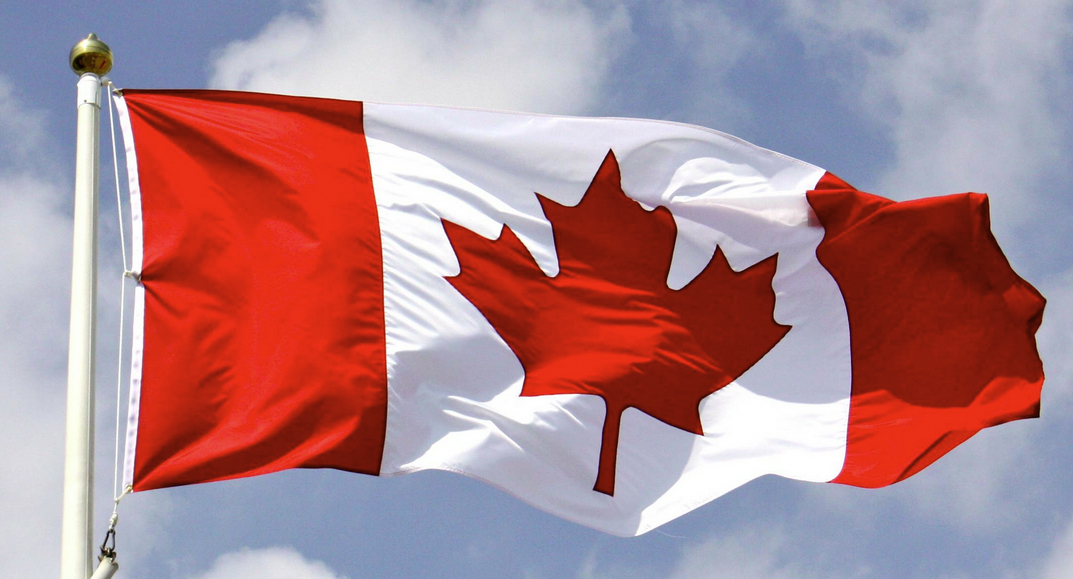
加拿大在中国新设七个签证中心
2016年9月初,加拿大政府证实将在中国开设七个新的签证中心。主要用来审理中国公民对加拿大短暂居留签证的申请,其中包括临时居民签证申请,学习许可,和临时工作许可签证。签证中心预计将在2017年开放。此举不仅会加快中国公民签证的效率,也将促进中加两国的交流与联系。
In early September, 2016, the Canadian government confirmed a rumour that new visa offices would be opening in China. The seven new visa offices are expected to process applications from Chinese nationals for temporary stays in Canada. This may include applications for Temporary Resident Visas (TRVs), study permits, and temporary work permits. The offices are expected to open in 2017.
During an official visit to China by the Canadian Minister of Immigration, John McCallum, earlier this summer, five cities were suggested as future locations for visa offices: Chengdu, Nanjing, Wuhan, Jinan, and Shenyang. The exact locations of the seven future offices have yet to be disclosed.
The announcement came during Canadian Prime Minister Justin Trudeau’s first official visit to China. Canada and China have taken concrete steps to improving trade and communication, and encouraging tourism is seen as an essential part of the relationship between the two countries. According to Guy Saint-Jacques, Canada’s envoy to China, the number of Chinese tourists visiting Canada grew 24 per cent in the first six months of 2016.
Chinese Tourism Boosting Canadian Economy
The recent increase in the number of Chinese nationals seeking to visit Canada has been attributed to increased mobility between the two countries. The summer of 2016 saw several new flight routes introduced between China and Canada — it is projected that up to 388,000 more seats on 4,559 flights to Canada will be introduced throughout 2016, representing an increase of 38 per cent in airline capacity. As of summer 2016, 11 Chinese cities offer flights to Canada. Adding flight routes is a proven method for boosting tourism: after a direct flight route from Beijing to Montreal was introduced in 2015, the number of Chinese tourists visiting Montreal rose by 200 per cent.
The government of Canada estimates that more than 500,000 Chinese tourists added more than $1 billion to the Canadian economy in 2015. As this looks set to rise to over $1.5 billion and support 10,700 jobs through 2016, is not surprising that the government wants to support this growth by ensuring a smoother application process.
To determine what you need to do to visit Canada, click here.
Chinese Nationals Continue to Choose Canada as Study Destination
China has been Canada’s biggest source country for international students for several years, and this shows no sign of changing. In 2015 it was estimated that 141,000 Chinese nationals held Canadian study permits, boosting the Canadian economy by $3 billion and supporting thousands of jobs.
Prospective international students who wish to study in Canada may be encouraged by an approval rate of 83% for study permit applications in China. Almost half of the Chinese nationals who study in Canada pursue degree programs at a college or university. However, there is a growing sector of students who study at public or private secondary schools with a view to pursuing further post-secondary study in Canada.
Applications for short-term study in Canada made by Chinese nationals also grew by over one third in 2015, year over year. Students pursuing a study program that is less than six months in duration do not require a study permit. They may require a TRV, depending on their nationality.
To find out more about your options for studying in Canada, click here.
Stronger Relationship between China and Canada
Trudeau’s first official visit to China has been watched with interest back home in Canada. After meeting with several top-ranking officials in China during his visit, it appears the relationship between the countries is better than ever.
“I do believe that your current visit to China will have an important influence on further deepening the strategic partnership between our two countries,” said Zhang Dejiang, Chairman of the National People’s Congress, when he met with Trudeau.
Trudeau replied that he hopes to “build on the strong friendship between Canada and China, and talk about how we move forward in ways that will benefit both of our peoples.”
“Thousands of visitors, students, temporary workers, and new permanent residents come to Canada from China every year, and it is encouraging to see both the Chinese and Canadian governments increasing their support for the many Chinese citizens who wish to experience all that Canada has to offer,” says Attorney David Cohen.
“The opening of these new visa offices across is a clear sign of the deepening relationship between Canada and China. With this move, we can expect that Chinese nationals wishing to visit Canada for work, study, or tourism may find a smoother pathway in the near future.”

